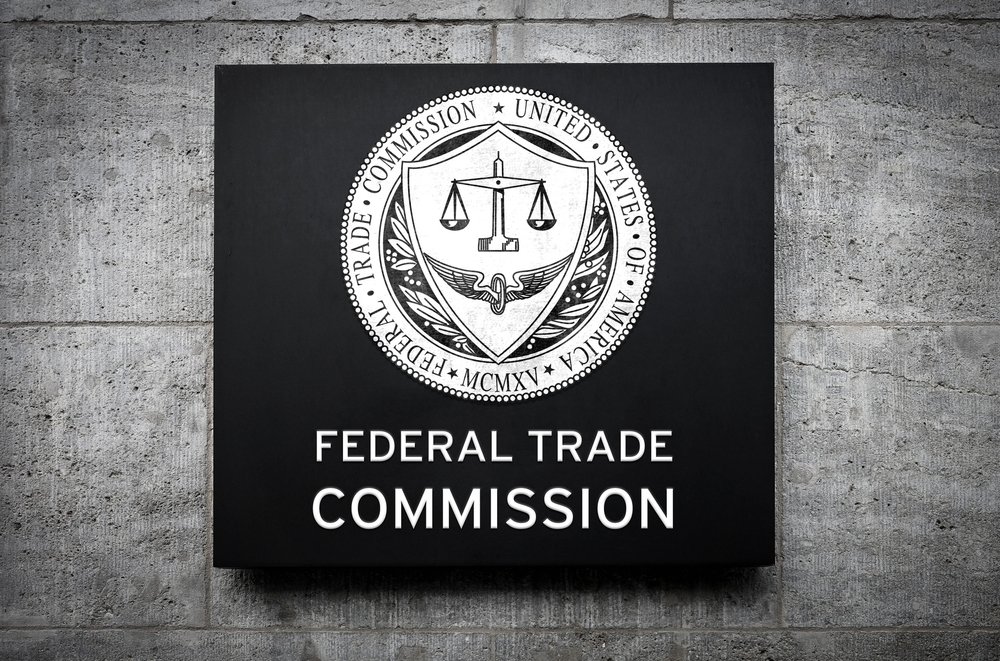
When a Fundraising Platform Fails: What the Flipcause Bankruptcy Should Teach Nonprofits
As a lawyer who works with charities and nonprofit boards, I spend much of my time talking about risk. Most leaders think about risk in

As a lawyer who works with charities and nonprofit boards, I spend much of my time talking about risk. Most leaders think about risk in

Social media has become a central channel for charitable fundraising, particularly during disasters, emergencies, and fast-moving public events. It has also become one of the

Since AB 488’s implementing regulations took effect, the most important development has been confirmation that California intends to treat platform compliance as an enforcement priority

Effective July 1, 2025, Florida will roll out a sweeping new law that could have a significant impact on charities and their fundraising operations. Senate

In recent years, charitable organizations have faced growing pressure to incorporate values of equity and representation into their donor agreements, particularly for scholarships and fellowships.

What Is “Deception By Omission” in Nonprofit Fundraising? The Federal Trade Commission (FTC) regulates deceptive practices in charitable solicitations, including when nonprofits or professional fundraisers fail

If your nonprofit is planning to hire a professional fundraiser or fundraising consultant, it’s important to understand state professional fundraiser registration requirements. Many states regulate professional fundraisers to

As we enter a new year, it’s the perfect time for nonprofits to assess their legal and operational health by conducting a legal audit. A

We always recommend that donors work with their tax advisors to determine the value of their donation and how it fits into their overall tax planning. This ensures that donors receive accurate guidance tailored to their specific circumstances.

The Washington Attorney General’s charity enforcement efforts are critical in ensuring that charitable organizations within Washington state operate with transparency, accountability, and alignment with their
Download our free guide to learn about the many elements needed to run a successful nonprofit organization, as well as how to avoid common pitfalls and mistakes.